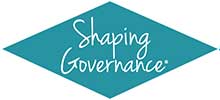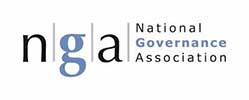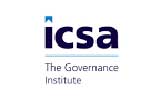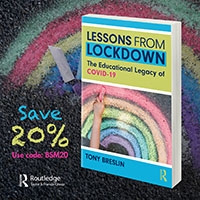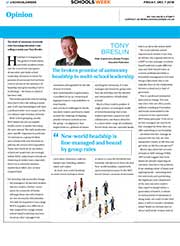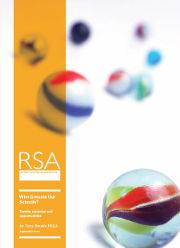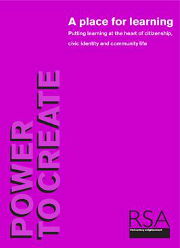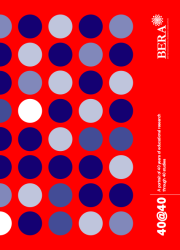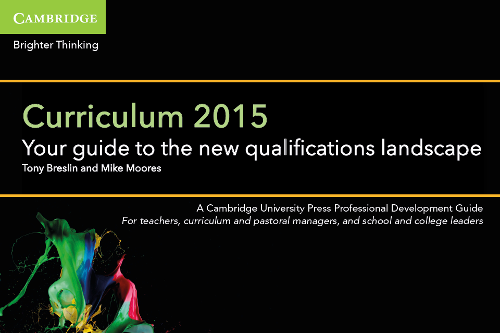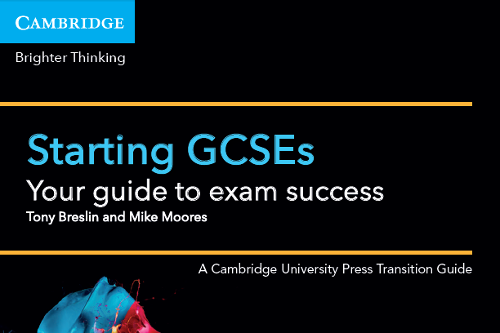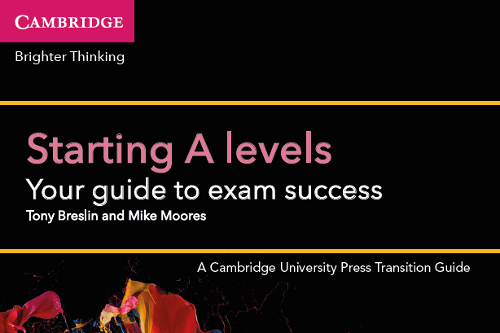












6.3% of the top 500 charities in Wales have BAME trustees, compared with 8% of FTSE 100 companies
Inclusive Boards, 2018

"Good governance enables a school, charity or business to be the best it can be"
Martin Matthews, National Leader of Governance
National Leader of Governance
Transform Governance is a joint venture between Breslin Social Impact and Permuto Consulting
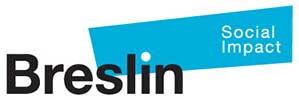

Need consultancy support? We have access to a range of specialists across sectors, across functions, and across the UK and beyond. Contact us to explore possibilities.
Annual GCSE results debate misses the point: passes matter when we’re clear on purpose
Thursday 23rd August 2012
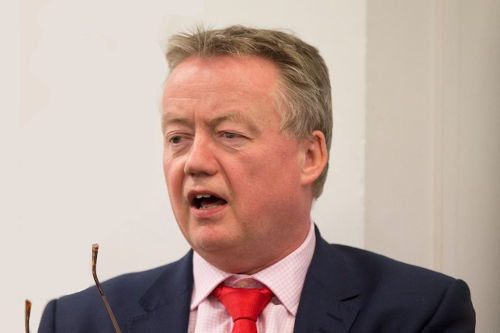
Without the annual GCSE and A level results season, bad weather and an off-message Prince, what would the press report in August? It is depressing, though, that while (until last August, at least) the results have improved year-on-year, the media and political treatment of this story has not.
Let’s start with a bit of context: we’ve spent the best part of 25 years building an educational culture that has replaced the 3 ‘R’s with the 3 ‘T’s: tests, tables and targets; not all the outcomes of this shift have been negative but we should be wary of one: exams designed to assess the progress and ability of individual students are being increasingly translated into devices for assessing the effectiveness of teachers and schools. Against such a backdrop, a degree of ‘teaching to the test’ is inevitable.
Moreover, when schools are cast in competition with each other and where teachers can select the syllabuses their students follow by choosing between examination boards that are also competitors, the rigour of the examination itself is an easy victim – schools that select tough examinations will get fewer passes and be assumed to be worse schools with worse teachers; examination boards that design tough exams, or even overly innovative ones, will lose customers. In a market that is worth more than that for secondary school text books (a sign that the system is seriously out of kilter), the testing agency, usually one of three dominant awarding bodies, is a reluctant guardian of standards.
Further, when one form of examination, the GCSE, is defined as the standard bearer (whatever that standard might be) there are other unintended outcomes. Subjects never suited to GCSE assessment – often those with a practical, technical or creative orientation – are only able to secure their place on the timetable if they are forced into this assessment form or if an alternative form of assessment is granted GCSE ‘equivalence’. Thus, a vocational course in, say, hairdressing is granted an equivalence with a GCSE in, say, History, a fact represented without distinction in top-line school performance data. This renders the resultant league tables less comparative than their clean A-C headlines suggest. Although the options to do this have been much reduced in recent years (and the tables are more sophisticated), the process has claimed another victim: curriculum breadth and, in particular, the uptake and status of vocational courses: schools are discouraged from adopting courses that do not have a league table currency while, if they do adopt a course from that diminishing range of vocational qualifications that still offer GCSE equivalence, it is assumed that this is a ruse to score in the league tables rather than to broaden the curriculum.
The upshot? Young people of all abilities take a GCSE dominated curriculum in which 10 GCSEs is assumed to constitute breadth. It does not; it constitutes 10 variations on a particular assessment theme. Where in this is the place for good quality professional learning for all, for the development of the skills for effective citizenship, for the pursuit of a range of sports, for good quality and highly regarded personal development programmes? In short, the bright follow a curriculum that denies them breadth but gives them grades, those deemed less able chasing in their shadows. Too often, at the other end of the scale, learners are channelled onto ‘vocational’ programmes, there not out of informed choice but because they have fallen onto a default curriculum that confirms vocational and practical learning as a poor relation to the academic mainstream. If the UK wants to raise the status of areas like engineering, technology and science, throwing the naughty boys a car engine is no way to do it. And nor is a narrowly academic English Baccalaureate.
The solution (or a first step towards it)? As we are beginning to argue through our Transform Education project, we need to stop obsessing simply about grades and performance measures and start asking questions about what kind of education system we need in the opening decades of the twenty-first century, what kind of young people we want to emerge from it, and what educational breadth really looks like.
Yes, let’s measure the performance of this system and, yes, let’s measure the progress of young people through this system (and with real rigour using a range of tools) but shouldn’t we start by asking what we want and need it to do?
Tweet Share on Facebook